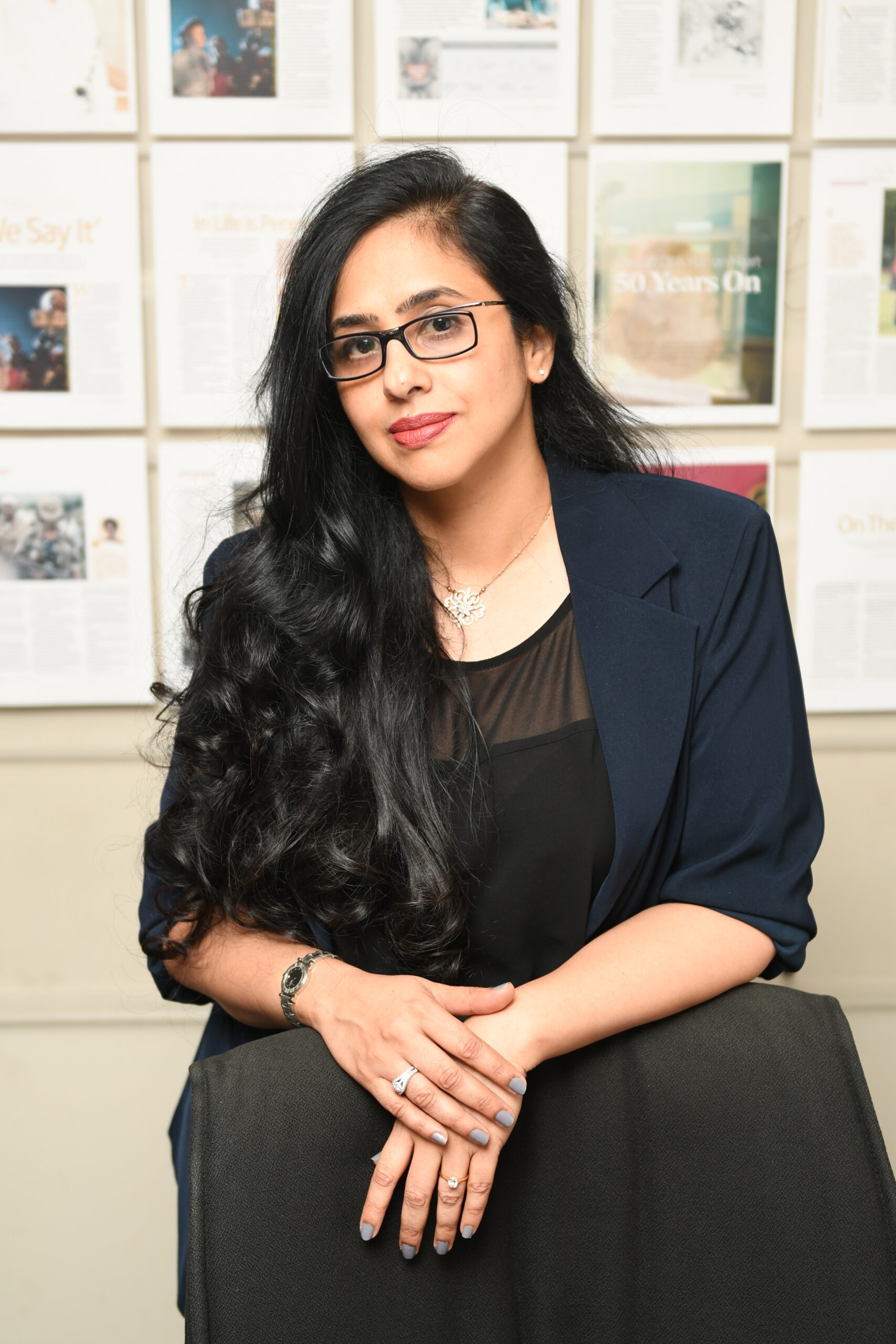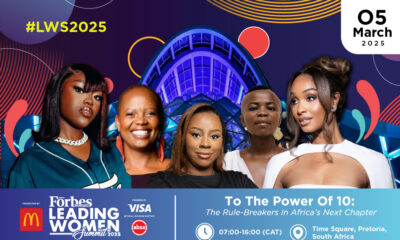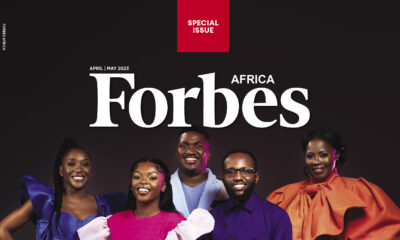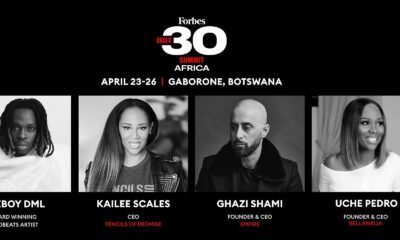Career
Forbes Woman Africa’s Managing Editor Renuka Methil’s Winning Formula For Young Women in Media
Renuka Methil is the Managing Editor of Forbes Woman Africa, a leading publication that focuses on women entrepreneurs and leaders in Africa. Renuka has several decades of experience in journalism and has been instrumental in shaping the editorial direction of the publication, covering a wide range of topics from finance and technology to fashion and lifestyle.
In this interview, Renuka shares her insights on the pressing issues most women face in Africa, the role of the media in promoting gender equality, and more.
As the Managing Editor of Forbes Woman Africa, what do you see as the most pressing issues facing women in Africa today?
What I see as the most pressing issue facing women in Africa today, if we were to look at it at the grassroots level, is access to finance. It is a very important topic for women who are not just entrepreneurs or who run small and medium businesses.
Access to finance, even at an individual level, is difficult for a woman in the informal sector, who may run a small business or be a housewife. That kind of financial inclusion for her, where she has a bank account or where she has her own money saved away like a stokvel or instead of saving it under the mattress, that kind of accountability to a part of a formal financial system, is absolutely important.
That kind of financial inclusion needs to take place at the grassroots level in the informal economies, both at the consumer end and at the SMME level. And especially for women in the informal sector. The confidence level only increases if they have better access to capital—if they want to start a business, for example. Even access to not just capital but also intelligence or knowledge where somebody is there to hold her hand and take her through the process and give her that sort of mentoring. I think that’s very, very crucial.
If you go higher up, to the small and medium business entrepreneurs in the formal economies, you’ll find that these problems persist for them. Banks ask them for documents, and there’s this sort of lack of interest or lack of confidence in what they’re setting out to do simply because of the gender question. But hopefully, that is changing.
Once this is mainstream, I think a lot of the problems that women face in business can be removed. And then, of course, the fact that in the corporate ecosystem, there should be more opportunities given to women, not just in middle management but also in senior executive roles and in board positions, where companies address the diversity issue and take them on board, not just as a tick mark but because they are better professionals and they’re very good at what they do. This sort of cerebral equality is what I feel people and companies should be looking for, rather than judging someone because she’s a woman.
I think these are just some of the pressing issues that women still face, unfortunately, because gender is still a discussion point.
What do you see as the role of media in promoting gender equality and empowering women, and how does Forbes Woman Africa contribute to this goal?
Forbes Woman Africa has always stood for female empowerment. We’ve always talked about female leadership and promoting female leadership in every aspect of society, be it politics, the arts, business, or sports. We’ve always celebrated these high achievers. We’ve always showcased these visible role models and also spoken about the unsung heroes, the women who need to be celebrated but who have not been. And these are women, not just in the larger economies but also in the emerging economies of Africa. We need to look at what paradigm shifts are occurring and how women are leading them. I think we’ve always stood for that and have sort of outlined the importance of female leadership. The Forbes Woman Africa’s Leading Women Summit every year is a testament to that standpoint. We see visible role models on stage, the aspiring audience, and the young people in the audience who want to be like them. These are the stories that they hear and the takeaways on how to do that, how to make it, how to get it done, and how to get to the top. These are lessons that young people always like to hear from them.
As a woman leader in media, what advice do you have for young women who aspire to pursue careers in journalism or media?
There’s nothing that can duplicate or substitute hard work. Do it with a lot of integrity. Integrity is very important because, in the long run, it takes you places. And resilience is very important because the media industry is not easy to be in. A lot of the time, you need support systems at home and in the workplace. It’s not just a supportive husband, supportive parents, supportive children, or house help that is required. In many instances, this is also a good framework—an existing framework in the organisation that supports you as a female leader. When you have that sort of backing, it’s easier to get things done. Otherwise, it can be very difficult. You’ve got to work twice as hard, and this applies to every industry.
Resilience is an important trait. People give up. It can get very lonely writing a story, pursuing a story, or bringing out a magazine. But in the end, it has a far-reaching impact if done right, ethically and with a great amount of integrity.
Never hesitate to find mentors. There are many examples of people who’ve come up the hard way; learn from them and their experience. Do not shut them out of your life. Try to get as many mentors as possible. It could be male and female mentors or people with experience who are willing to help you climb or ascend the ladder. It is tough, so you need all the know-how and the intelligence from others’ experiences to bank on.
Which African country is set to host the upcoming Leading Women Summit?
It could be South Africa. It could be any other country. We don’t know yet but watch this space. This year’s event, the 2023 event, was perhaps the most successful and biggest yet. And it’s only going to get bigger. It’s already promising. It will have all the topics, topical themes, and trends of the day that will be observed. And some exciting speakers. So watch the space.























